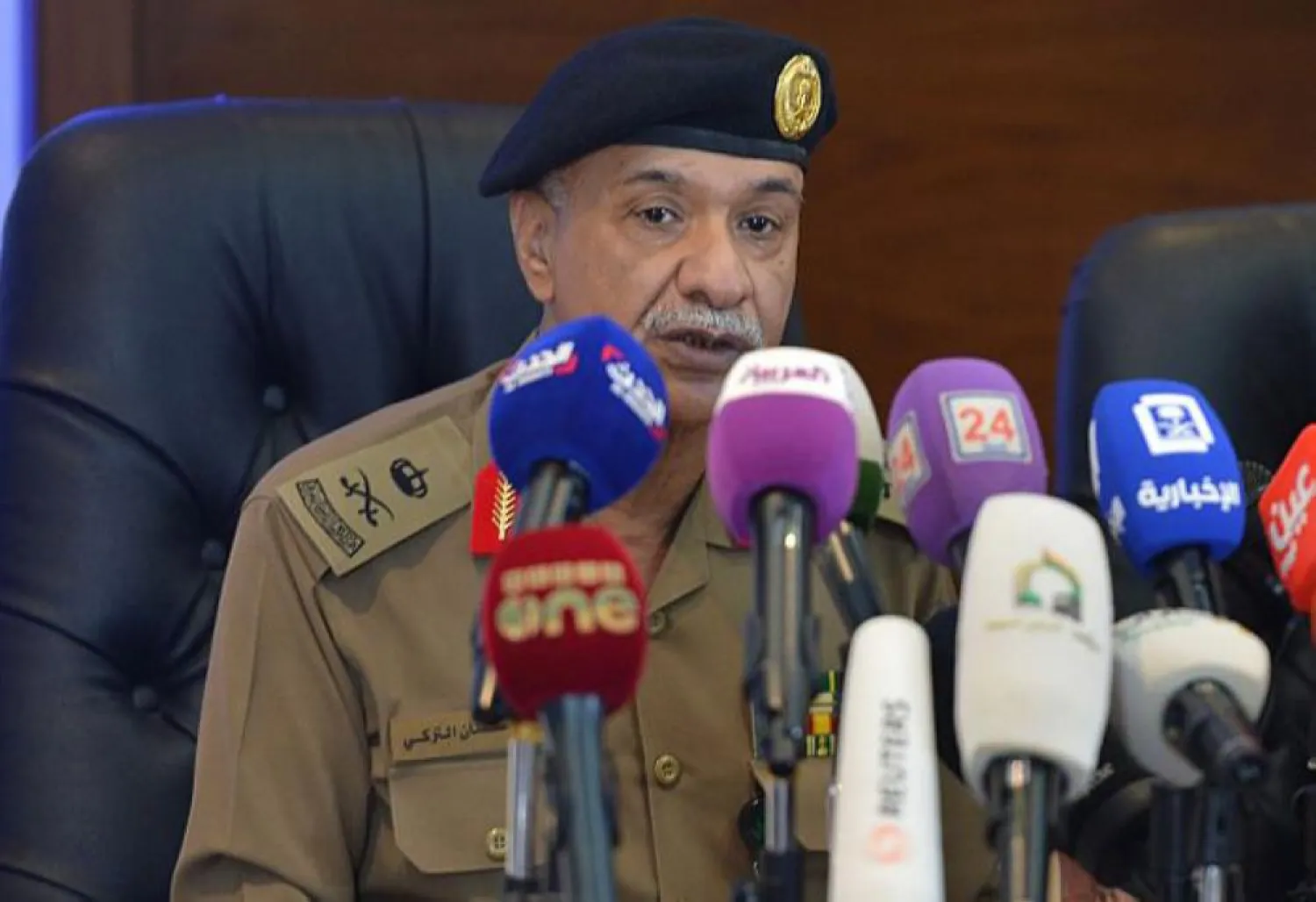Saudi Arabia declared on Friday Hajj plans for 2017 a grand success, as they guarded the environment for pilgrims performing Islamic rites on 8, 9 and 10 of Dhu al-Hijjah.
Authorities also announced preparations to manage crowds for the first days of Al-Tashreeq, devil stoning days, which prohibits pilgrims from leaving camps in Mina between 2 pm to 6 pm.
The pilgrims from across the globe were gathered in Saudi desert valley of Mina, a tent city located around 7 kilometers northeast of Makkah, on Friday for the final major ritual of the annual hajj pilgrimage at the Jamarat Bridge.
A Saudi official said that 1.9 million had so far successfully finished the stone-throwing ritual and headed to the Grand Mosque in Makkah for the main circumambulation, before coming back to Mina for two to three days, Al-Tashreeq designated days.
Regulations and action plans were placed and enacted to ensure pilgrims’ safety and to facilitate the performance of rites by the total of 2.35 million people carrying out the hajj pilgrimage this year.
The security spokesman for the Interior Ministry, Maj. Gen. Mansour Al-Turki, said the throwing of stones in Mina valley and the walk round the Kaaba remained for most of the pilgrims before they left Makkah.
Another Saudi official said over 750,000 pilgrims ascended from Mina to Arafat and back to Mina through Muzdalifa using customary transport and about 350,000 used the train.
Gadhi said the plan required that pilgrims to stay in their camps on the second day of tashreeq from 10:30 a.m. to 2 p.m. to reduce the traffic on roads leading to Jamrat bridge.
He advised pilgrims not to carry their personal effects while practicing the stone-throwing ritual.
Gadhi said representatives of more than 80 foreign and domestic Hajj missions took part in the workshops held by the authorities to advise pilgrims on the culture of pilgrimage.
Updating Hajj security information, security spokesman Col. Sami Al-Shwairekh, said the number of unlicensed Hajj offices now amounted to 121, unlicensed pilgrims who were ordered back numbered 575,227, there were 251,372 vehicles forced to make U-turns, and 17,362 illegals who will be prosecuted later after their fingerprints were taken.
Civil Defense spokesman Col. Abdullah Al-Harthi highlighted the preventive role of Civil Defense, resulting in a major accident-free Hajj so far.
Civil Defense had successfully carried out trials of their response to major incidents such as floods and fire, he said. They also controlled the holy sites’ train shuttles.
Al-Harthi said 95 percent of Arafat tents this year had been converted to be fireproof.
He said three kinds of tunnels linked the holy sites of Mina, Arafat and Muzdalifa with downtown Makkah: some for pedestrians, others for vehicles and a third for water drainage, including potential floods caused by heavy rain.









